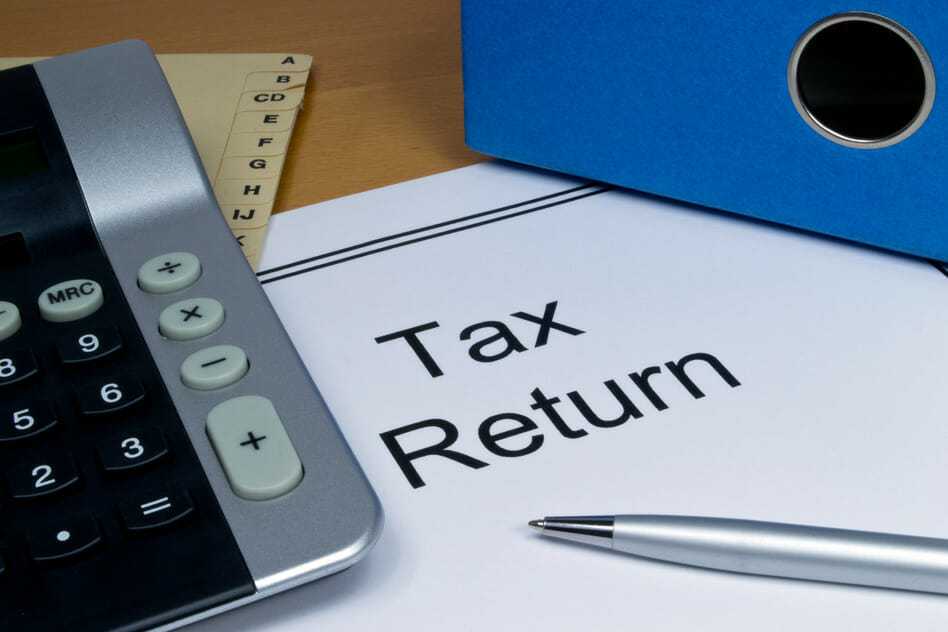Understanding Tax Filing Deadlines in Singapore
In Singapore, tax filing deadlines are crucial for individuals and businesses to adhere to in order to comply with tax regulations. Let’s explore the deadlines for tax filing in Singapore to ensure timely submission and avoid penalties.
Individual Tax Filing Deadline:
For individuals, the deadline for filing personal income tax returns is typically on 18th April of each year. It shall cover income earned in the previous calendar year. However, taxpayers who file their tax returns electronically via the IRAS website enjoy an extended deadline until 15th May.
Companies Tax Filing Deadline:
Companies in Singapore have specific deadlines for filing their corporate income tax returns. The deadline for filing Form C-S (simplified tax form for small companies) is usually 30th November of each year. Meanwhile, companies filing Form C (comprehensive tax form) must submit their returns by 15th December.
Goods and Services Tax (GST) Filing Deadline:
GST-registered businesses in Singapore must file their GST returns on a quarterly or monthly basis, depending on their annual taxable turnover. The deadline for GST filing is one month after the end of the accounting period, with e-filing available up to the last day of the month following the end of the accounting period.
Penalties for Late Filing:
It’s essential to adhere to tax filing deadlines to avoid penalties imposed by the Inland Revenue Authority of Singapore (IRAS). Indeed, late filing may result in financial penalties and additional assessments. Moreover, for individuals, late filing penalties can range from $200 to $1,000. While companies may face penalties of up to $1,000 or 5% of the tax amount due, whichever is higher.
How to Ensure Timely Filing:
To ensure timely tax filing, individuals and businesses should maintain organized records of income, expenses, and relevant documents throughout the year. Thus, by utilizing accounting software or engaging professional accounting services can streamline the tax preparation process and facilitate timely filing. Additionally, staying informed about tax regulations and deadlines through regular updates from the IRAS or tax advisors is crucial.
Conclusion:
Understanding the deadlines for tax filing in Singapore is essential for individuals and businesses to fulfill tax obligations and avoid penalties. By adhering to deadlines, taxpayers can maintain compliance with tax regulations and contribute to the efficient functioning of the tax system.
If you have any questions or need assistance with tax filing, feel free to contact us. Our experienced professionals team is here to help you navigate the tax filing process and ensure compliance with Singapore’s tax laws and regulations.
Disclaimer: This article is for informational purposes only and does not constitute any professional advice. Feel free to contact us to consult with our professional advisors team for personalized advice and guidance.
Sources: https://www.iras.gov.sg/due-dates






